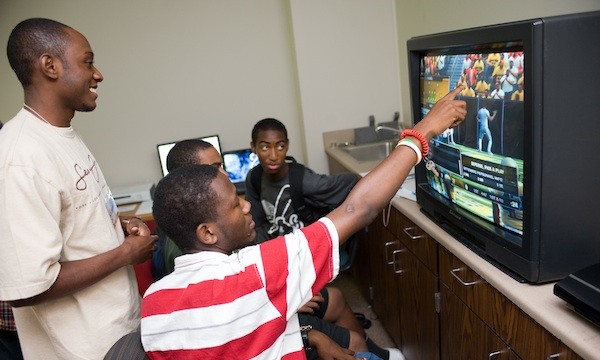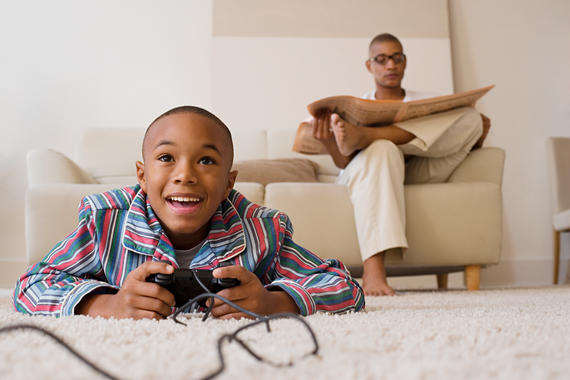The game has been and will be the protagonist of childhood, regardless of their social, economic, race, religion or other characteristics of human beings.

The game is an inherent necessity to each one, it is generated in a spontaneous and natural way, it is also an important part in the integral development of children.
Playing is an innate and essential activity, since it is born, it has an opportunity to get to know each other and the world that surrounds it.
Many times adults think that “playing” is an activity without fruit, that the child plays simply for entertainment and that it is a waste of time, so they prefer to assign tasks that force them to abandon their interests.
For this reason it is important to be clear that by nature they like play and movement, the true value of the child’s game must be given, the innumerable possibilities it offers in its integral development.
The game is an essential activity, it allows them to develop properly in the physical, psychic and social, example of this, is a means for learning the rules of life and social behavior, facilitates the insertion of children (as) in a social framework, has an essential role in the acquisition of learning and fulfillment, and in the maturation.
In this sense, it is very important that adults bear in mind about children’s games
Let them organize their own games, if they are going to participate, avoid directing them, but let them guide the child and the child’s game, will be much more significant.
If they play to be another, imitating gestures and actions of others, if they play to represent roles that according to you are not for their gender, do not repress.
If they play with implements and cannot do well, avoid reprimanding, since this will help you improve your motor performance such as: throwing, jumping, dunk, coordinate your body in general.
Allow them to play with other children, so that they have socialized, he will favor relationships with others, to adapt to social rules, to live together, to participate in collective games and cooperatives in groups.
Provide toys that are for your age and your needs, simple and inexpensive objects, as is the material to reuse is a good alternative.
The child will decide that it is a toy, will assign to any object or simple material the name of a toy such as a piece of wood or a cardboard box, among others.
Give them freedom to unfold and perform their game, in their own time and space.
Remember that the gamest should allow exploration, creation, inventing, imagining, fantasizing and above all providing pleasure and fun and even the release of anguish, unfulfilled desires and / or fears.
Avoid anger if it gets dirty, privilege the child’s well-being over their clothing (when painting, playing with clay, cooking).
Give them the opportunity to exercise their physical abilities to run, jump, roll, laugh, scream, as it is necessary to give them the opportunity to explore and manipulate with natural materials such as water, stones, sand, flowers, leaves and mud.














